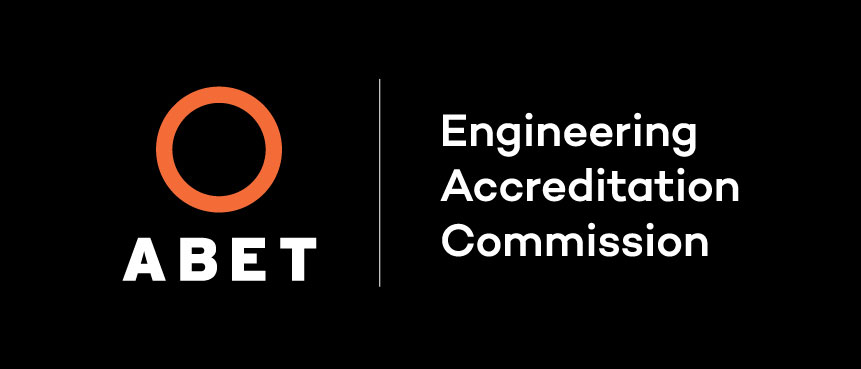Electrical and Computer Engineering Overview
What is Electrical Engineering?
Electrical engineering is arguably the largest discipline of engineering. In this energy conscious world, a thorough understanding of energy and its uses is essential to the success of an electrical engineer. Electrical engineering requires rigorous training in basic engineering principles along with the development of skills in the areas of planning and management of design projects and the associated systems and resources.
What Can I Do with an Electrical Engineering Degree?
Electrical engineering graduates will be required to master technical elements and to demonstrate particular competence in the areas of communication, fiscal management and project control. Electrical engineering students will have the qualifications to enter a variety of fields, including telecommunications, computer engineering, manufacturing, aerospace industry, power generation and distribution, alternative energy, robotics, automation and more. Typical job titles for graduates may include electrical engineer, electronics engineer, telecommunications engineer, project engineer, planner, project supervisor, consulting engineer and design engineer.
What is Computer Engineering?
Computer engineering is a discipline that integrates several fields of electrical engineering and computer science making it a perfect blend for this technology-driven industry. Computer engineers embed computers in other systems and machines, build networks to transfer data, and make computers smaller, faster and more capable. Therefore, computer engineering students get to create and implement the “brains” of physical systems.
What Can I Do with a Computer Engineering Degree?
Career paths for computer engineers are exciting and plentiful due to demands for CpE technical skills to commercialize constant technology advancements in augmented/virtual reality, nanotechnology, Internet of things (IoT), multi-core processors, artificial intelligence, advanced sensors and wireless communications. Jobs and industries that computer engineers participate in are broad, and many graduates work in fields such as robotics and automation, consumer electronics, automotive, computer systems and networks, communications and signal processing, and more.









